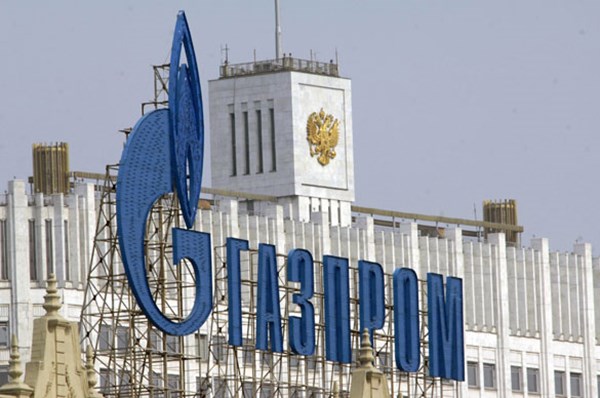Russia’s Gazprom warned shareholders of risks due to US sanctions
Gazprom, Russia’s largest gas producer, in its financial reporting for the last nine months, prepared in compliance with the International Financial Reporting Standards, warned the company’s shareholders of new risks they may encounter due to new sanctions adopted by the United States in August 2017.
“On August 2, 2017, President of the United States signed a bill <…> that expanded the sanctions policy of the United States toward the Russian Federation,” Gazprom stated in its report. The company continued to say that according to the adopted legislation, the President of the United States was granted the ability to impose sanctions “on any person who, after enactment of the law on August 2, 2017, knowingly engages in the investment or sale of goods, the supply of technologies, or rendering of services to the Russian Federation for more than USD 1 million or cumulatively exceeding USD 5 million annually, in the construction or servicing of Russian gas pipelines used for exporting energy resources.
The new law “creates a risk of the extraterritorial application of separate restrictions imposed by the U.S. and may impact foreign investors’ ability to participate in new projects with Gazprom,” the company warned, and at the same time, drew attention to the fact that the new restrictions must take into account the explanations provided by the U.S. Department of Treasury and the Department of State.
In September, Gazprom’s partner on the Nord Stream 2 project, Austria-headquartered OMV power concern, said it was weighing the impact that the new sanctions issued by the U.S. will have on the project. “We are currently evaluating the extent of the possible influence the sanctions will make, but even now it is clear to us that it will be difficult to draw financing for these projects from American banks,” President of the Russian-German Chamber of Foreign Trade and CEO of the OMV concern, Rainer Seele, said at a press conference in Moscow.
In particular, Mr. Seele noted that it would be difficult to attract the planned 70% of foreign capital under the current conditions, but he assured that the Nord Stream 2 project would be completed even if it required a 100% investment of the company’s own funds.
